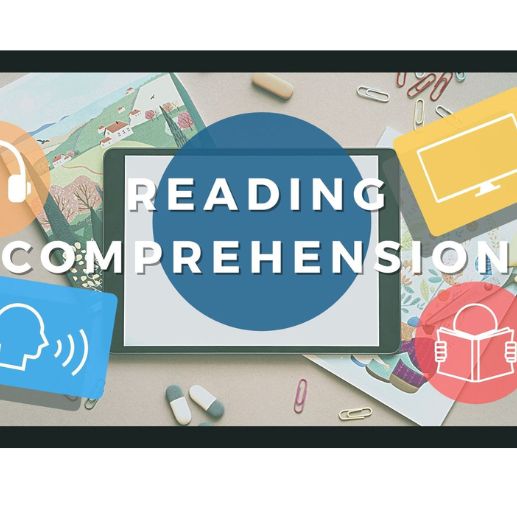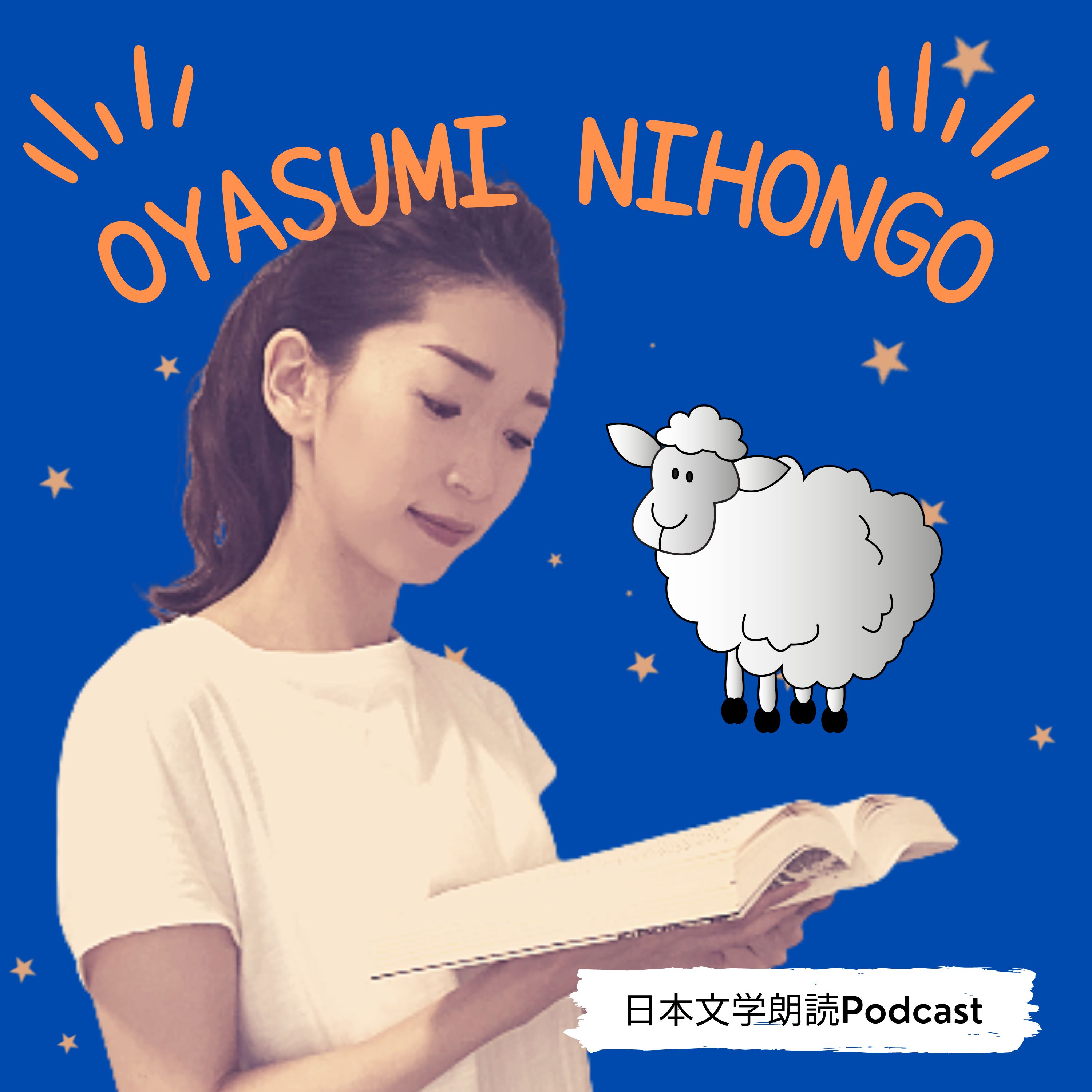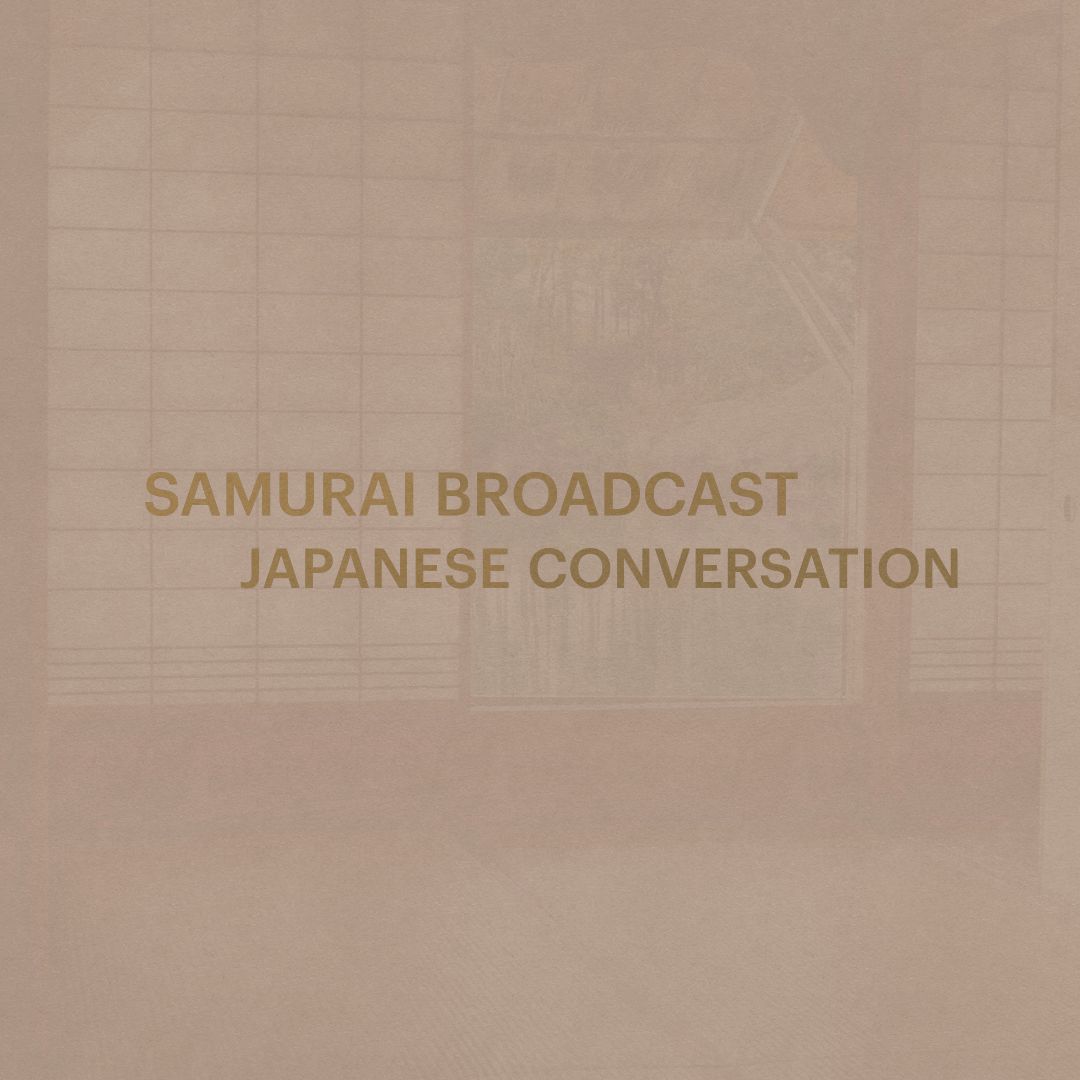寻找适合你的 英语 教师…

Does 'Training to Failure' Improve Strength, Fitness?
描述
One of the questions that many of us have about exercise is "should it hurt?"
Some people agree with the old saying: "No pain, no gain," which means if it's not hurting, you're not improving.
But is that really true?
When it comes to weight training, some experts tell people that they should train "until failure" for best results.
This means they keep lifting or training until their body cannot physically do any more.
However, others say that this approach is not suitable for everyone.
"If somebody wants to increase muscle mass as much as they possibly can, then training to failure is something to consider," said Michael Zourdos, from Florida Atlantic University, who has done research into this subject.
He and his colleagues found that lifting weights "until failure" may build bigger muscles, but isn't needed to increase strength.
He said people who work out hard, but don't push themselves to exhaustion, will still likely improve their fitness.
For the average person just looking to increase their fitness levels, Zourdos said it's easier to get results.
He said that these people would benefit from a hard session that comes within five to 10 repetitions of failure, rather than training to complete exhaustion.
He also said "failure training" often makes people so sore that they miss their next session.
Overdoing it can sometimes be harmful — and people who are planning on doing strenuous exercise should see a doctor first.
James Fisher, a sport science expert in the UK, says that resting muscle groups is an important part of training.
But he agrees that if people want to build muscle, they need to push themselves.
"If you lift a weight you can easily lift 10 times or more, you never really work hard enough," he said.
Still, Fisher said that the best workout is "one that people will actually do," regardless of how hard they push themselves.
播客频道
Practice Listening, Reading & Comprehension
播客创作者
所有播客集

The advatages of living with your parents

Saludos y conversaciones para principiantes en Español del Río de la Plata

#3 Mouse's marriage(Nezumi no yomeiri)

20. Rat-race or Fun-employed? 内卷?躺平?

Millennials y Generación Z: ¿Tan diferentes como dicen?

Vol. 76 ロジェさんとN1の単語の話し合い。

5 Benefits of Trying to Speak Your Foreign Language

015 - The Best Thing About Living in Japan (Part Two)
热门播客集

AngliaEnglish
The advatages of living with your parents

Español del sur
Saludos y conversaciones para principiantes en Español del Río de la Plata

OYASUMI にほんご
#3 Mouse's marriage(Nezumi no yomeiri)

Blabla Chinese
20. Rat-race or Fun-employed? 内卷?躺平?

Español con todo
Millennials y Generación Z: ¿Tan diferentes como dicen?

SAMURAI BROADCAST 侍放送 継続は力ニャり
Vol. 76 ロジェさんとN1の単語の話し合い。

All About English and How You Learn It!
5 Benefits of Trying to Speak Your Foreign Language

Brentoni's English Podcast
015 - The Best Thing About Living in Japan (Part Two)